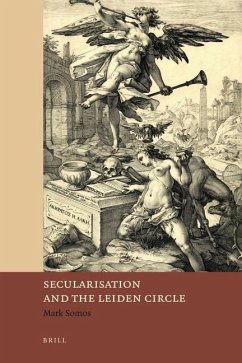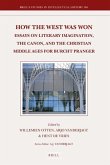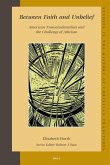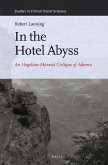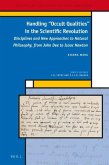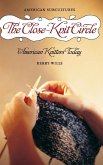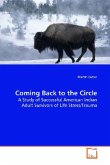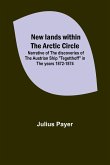This book shows how a group of early-seventeenth-century writers excluded theologically grounded argument from a wide range of disciplines, from the natural sciences to international relations. Somos uses richly contextualised portraits of Scaliger, Heinsius, Cunaeus and Grotius to develop a new model of secularisation as a contingent, cumulative, and incomplete process, with some unintended consequences. Facing severe conflict, the Leiden Circle realised that rival claims that staked their truth-content and validity on religious belief were ultimately irreconcilable. Gradually they removed such claims from acceptable discourse, contributing to the comprehensive secularisation that defines modernity. If blindness to religious claims has become definitive of modern politics, Somos concludes, recollecting its historical complexity and contingency is essential for overcoming some of its failures. "One of the many remarkable things about his book is the elegance, eloquence, and wit of Dr. Somos' style. Even more striking is his extraordinary erudition. This study is particularly relevant to contemporary debates about the role of religion in world affairs." Professor Stanley Hoffmann, Paul and Catherine Buttenweiser University Professor, "Harvard University" "This elegant masterpiece addresses large questions in a large way. Against the common view that secularization requires a confident hold on truth underwritten by modern science, Somos shows that a group of important secularizers in the West the circle of thinkers associated with Leiden in the seventeenth century in fact did not reject religion for the god of science. On the contrary, they were often deeply religious. They wanted to liberate politics and history from religion not because they were atheists, but rather because they were pacifists. With verve, wit, and erudition, Somos recovers the reasons that prompted the West to make itself modern. Professor Russell Muirhead, Robert Clements Professor of Democracy and Politics, "Dartmouth College"

